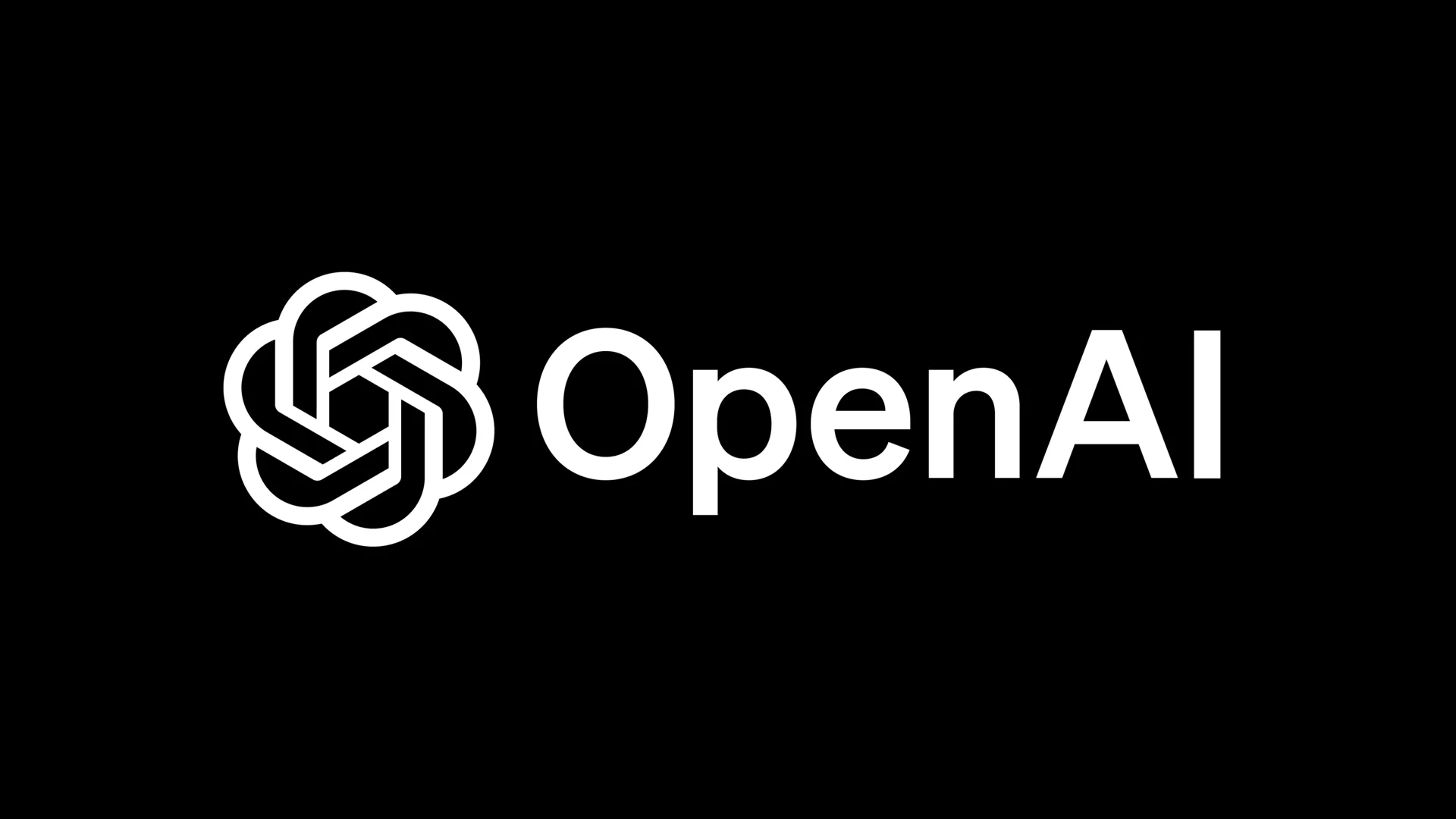The US AI company, OpenAI, has entered the social media arena with Sora, a new app offering AI-generated videos in a TikTok-style feed.
The launch has stirred debate among current and former researchers, some praising its technical achievement while others worry it diverges from OpenAI’s nonprofit mission to develop AI for the benefit of humanity.
Researchers have expressed concerns about deepfakes, addictive loops and the ethical risks of AI-driven feeds. OpenAI insists Sora is designed for creativity rather than engagement, highlighting safeguards such as reminders for excessive scrolling and prioritisation of content from known contacts.
The company argues that revenue from consumer apps helps fund advanced AI research, including its pursuit of artificial general intelligence.
A debate that reflects broader tensions within OpenAI: balancing commercial growth with its founding mission. Critics fear the consumer push could dilute its focus, while executives maintain products like ChatGPT and Sora expand public access and provide essential funding.
Regulators are watching closely, questioning whether the company’s for-profit shift undermines its stated commitment to safety and ethical development.
Sora’s future remains uncertain, but its debut marks a significant expansion of AI-powered social platforms. Whether OpenAI can avoid the pitfalls that defined earlier social media models will be a key test of both its mission and its technology.
Would you like to learn more about AI, tech and digital diplomacy? If so, ask our Diplo chatbot!










